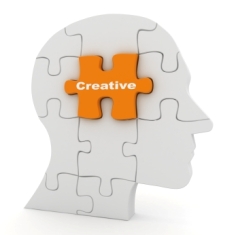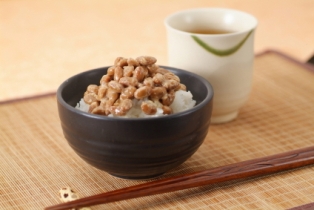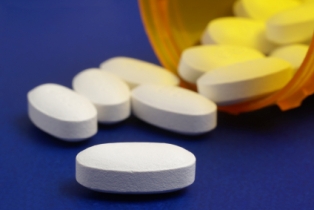Alcohol in Adolescence: A Cancerous Combination?
Study:Â Underage Drinking Increases Benign Breast Disease, Breast Cancer Risk

Teenage girls that drink alcohol are about five times more likely to develop what's often a precursor to breast cancer.
When we go to get something checked and the results come back benign, that’s usually a positive prognosis. But if you get a benign prognosis and you’re a teenaged girl that drinks alcohol, a “benign” prognosis may be a bad prognosis.
According to a recent study conducted by researchers from the Washington University School of Medicine, young women who drink an average of 6.5 alcoholic beverages a week are five and a half times more likely to develop a condition called benign breast disease. Benign breast disease, or fibrocystic breast disease, is similar to breast cancer in that it’s characterized by breast pain, discomfort, nipple discharge and lump formation, but unlike breast cancer, the lumps that form are usually non-life threatening.
At least, until now. Because according to the study’s lead researcher, Graham Colditz, benign breast disease is a warning sign for eventual breast cancer development.
Colditz and his colleagues discovered this after looking into the health surveys of over 9,000 “tweens” and teenagers between the ages of nine and 15 years old. Parts of the survey asked how often the girls drank alcohol and whether or not they’d been diagnosed with benign breast disease.
Reporting in the May issue of the journal Pediatrics, the St. Louis-based researchers found a relationship between benign breast disease diagnosis and the amount the girls drank. The more they drank, the more likely they were to be diagnosed with benign breast disease.
Besides alcohol, other risk factors for fibrocystic breast disease include a high fat diet, excessive consumption of caffeine and whether there’s a family history of the disease.
Now, before you cast off this study by saying, “I know my daughter and there’s no way she drinks alcohol,” permit me to tell you a short story that a friend of mine recently told me. A true story.
A friend of mine lives in New Hampshire and works as a substitute teacher at a local junior high school. As a substitute teacher, it comes as no surprise that the kids are pretty unruly when he’s leading the classroom, as the word “substitute” has long been loosely translated by students to meaning, “Hey, the regular teacher is gone, so I can get away with more!!”
But what did come as a surprise was the recent arrest of an eighth grade girl due to underage drinking. Apparently, throughout the school year, she had been sneaking alcohol into the school by combining beer and soda pop, sipping her beverage throughout the day like it was nothing out of the ordinary. The smell of beer on her breath finally did her in.
Moral of the story: Don’t automatically assume your son or daughter isn’t drinking. Because the father of this girl was stunned, even though 11 percent of underage drinkers take their first drink in the eighth grade.
For the sake of your kids’ short and long term health, remind them about the dangers of alcohol consumption—even if you’ve had the conversation dozens of times. Remain ever vigilant of what they’re doing and with whom.
It’s a matter of life and death.
Sources:
sciencedaily.com
pubs.niaaa.nih.gov
health.google.com
Posted: April 15th, 2010 under Alcohol, Breast Cancer.
Tags: breast cancer cause, breast cancer causes, causes of breast cancer, fibrocystic breast disease
Comments: none

















